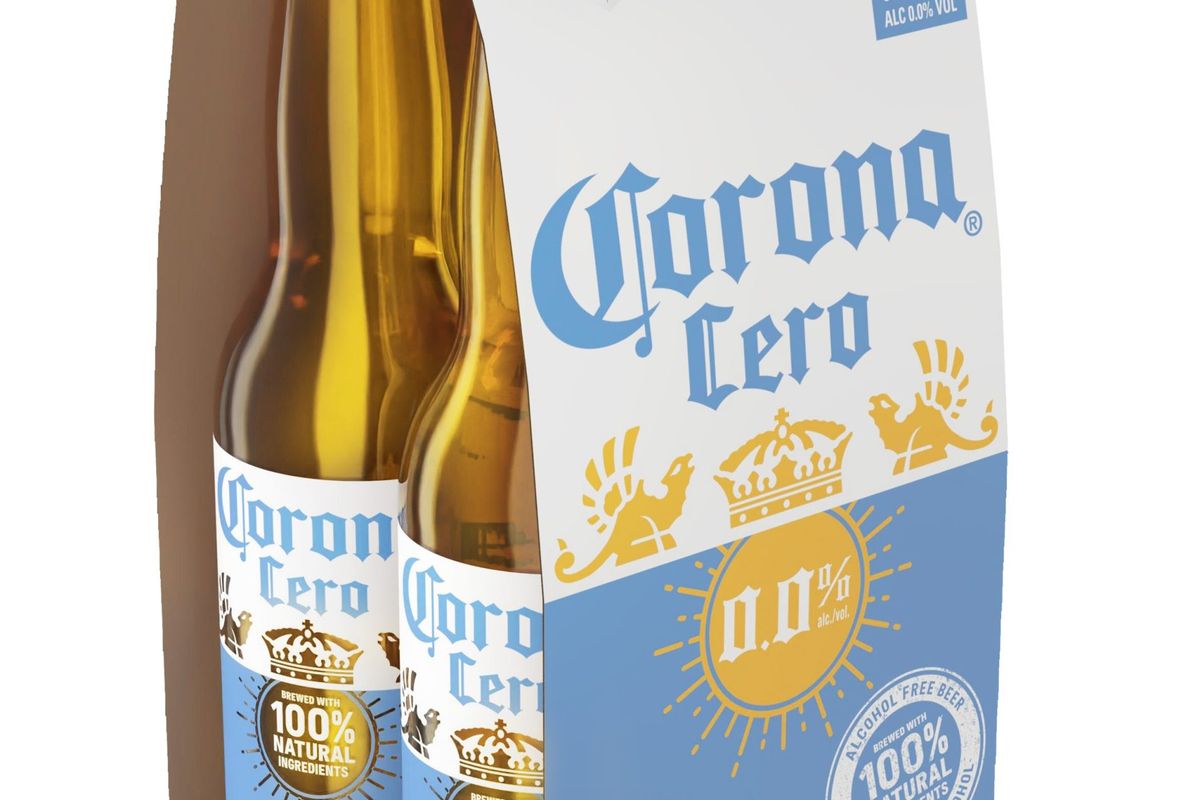For the first time this summer, as sportswomen and men strive for victory in Paris, spectators will be able to sip the official beer of an Olympic Games.
But the tipple won't go to their heads: it will be the alcohol-free version of the popular Mexican brand Corona.
The breakthrough sponsorship deal, inked by Belgian-Brazilian beer giant AB InBev, is just the latest sign of the fizzing market for zero-alcohol brews.
"All brewers are moving towards alcohol-free or low-alcohol beverages," Krishan Maudgal, director of the Belgian Brewers Association, told AFP.
That's the case even in Belgium, where the centuries-old brewing heritage is recognised by UNESCO and the alcohol percentage in beers made by Trappist monks can reach double digits.
"Twenty or 30 years ago it was more a case of increasing the alcohol content, but now we've reversed the trend and are lowering it," Maudgal said.
Against a backdrop of declining beer consumption - down by 40 percent in 20 years in Belgium - he says producers are "listening to the market" and adapting to drinking habits that have become more responsible.
"Among consumers there is a trend in favour of moderation and well-being, this trend is happening everywhere," said Andres Penate, one of the vice presidents of AB InBev, the world's largest brewer.
"It's more towards drinking better, drinking less, not about not drinking," he said.
As proof, the brewer - which also makes Stella Artois, Budweiser and Leffe - will double production of its Corona Cero beer at its Belgian plant this year compared to last.
Zero-alcohol beer has been around for decades, but was long derided as a watery version of the real thing.
But as the market has grown, brewers have upped their game and spent big on making their products more palatable.
According to drinks market analyst IWSR, the market for non-alcoholic or low-alcohol drinks, including wine, cider and spirits, is now worth over $13 billion worldwide.
Beer is by far the most popular product among "alcohol-free" fans.
In Europe alone, non-alcoholic beer is worth $3 billion a year, and sales are growing steadily, with Spain and Germany leading the way.
In France, "consumer interest in non-alcoholic beers has been growing for five to ten years, and this is now a fundamental trend", said Magali Filhue, from the country's brewers' association.
Sales now represent around five per cent of the beers sold in French supermarkets.
While that percentage remains low, the market is growing steadily.
That's a bright spot for global brewing giants that have been struggling in recent years.
The Covid pandemic, an energy crisis and inflation have strained the sector, with sales dropping off as consumer spending power has declined.
Last year, AB InBev's net profit slid by six per cent amid a drop in beer sales volumes, particularly in the US.
Meanwhile, number two Heineken of the Netherlands this week reported a "difficult and uncertain" outlook for 2024.
(AFP)


